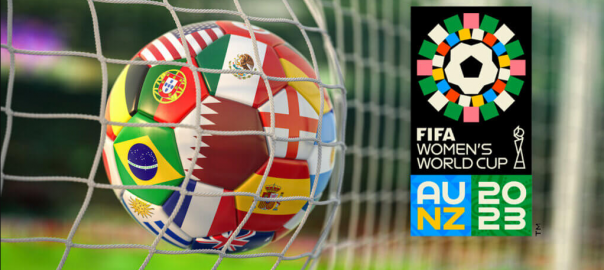Sat, Aug 19 2023 –The excitement over England V Spain Women’s world cup Final especially in England has reached fever pitch. Matches are categorised as “suspicious” when they are found to have suspect betting patterns associated with them that may be indicative of match-fixing. How is FIFA monitoring and making efforts and stronger collaboration amongst anti-corruption stakeholders to tackle this persistent problem in the beautiful game?
In addition to the monitoring of the betting markets, FIFA held workshops to educate World Cup teams and referees of the threat of match-fixing and the protocols that are in place, which includes a whistle-blowing mechanism.
FIFA is monitoring and tackling match-fixing through a number of measures, including:
- The Early Warning System (EWS): This system monitors betting patterns on football matches around the world. If the EWS detects any suspicious betting patterns, it will flag the match for further investigation.
- The Integrity Department: This department is responsible for investigating suspected cases of match-fixing. It has the power to interview players, officials, and other individuals involved in football.
- The FIFA Code of Ethics: This code sets out the rules that all football stakeholders must abide by. It includes provisions on match-fixing and other forms of corruption.
- Collaboration with other organizations: FIFA works with other organizations, such as Interpol and the European Union, to tackle match-fixing. This collaboration helps to share information and resources, and to coordinate investigations.
In recent years, FIFA has made significant progress in tackling match-fixing. In 2018, it launched a new strategy to combat corruption in football. This strategy includes a number of measures to strengthen the EWS, the Integrity Department, and the FIFA Code of Ethics.
The upcoming England V Spain Women’s world cup Final is a major event, and FIFA will be taking steps to ensure that it is not affected by match-fixing. The EWS will be monitoring the betting patterns on the match, and the Integrity Department will be on alert for any suspicious activity. FIFA is also working with the English Football Association and other stakeholders to ensure that the match is played in a safe and secure environment.
Stronger collaboration amongst anti-corruption stakeholders is essential to tackling match-fixing. By working together, these organizations can share information, resources, and expertise. This will help to make football a more corruption-free sport.
Here are some additional ways that FIFA and other organizations are working to tackle match-fixing:
- Educating players, officials, and fans about the risks of match-fixing.
- Promoting whistleblowing mechanisms so that people can report suspected cases of match-fixing without fear of reprisal.
- Investing in research and development to improve the detection of match-fixing.
By taking these steps, FIFA and other organizations are working to protect the integrity of football and to ensure that the beautiful game is played fairly

